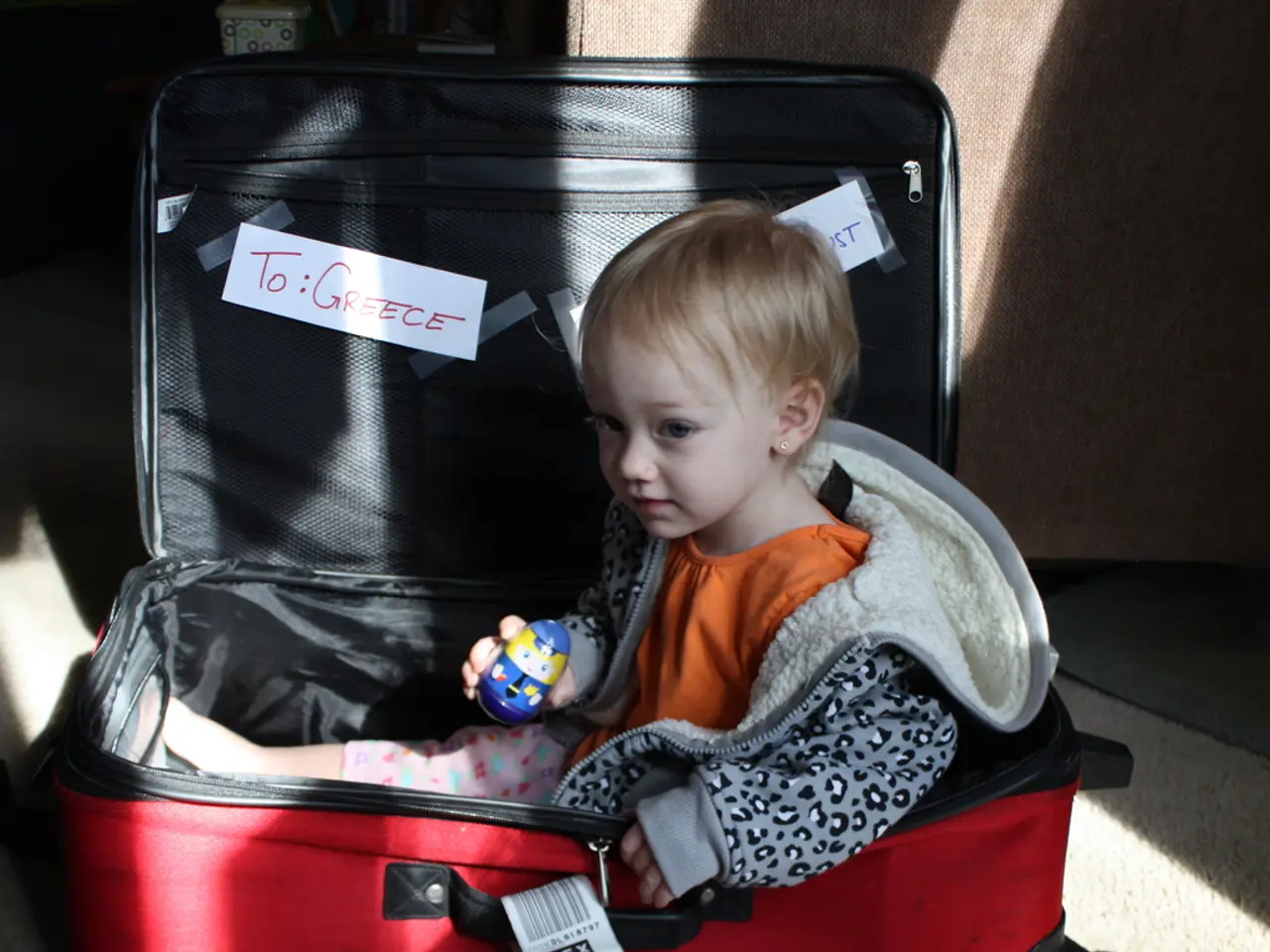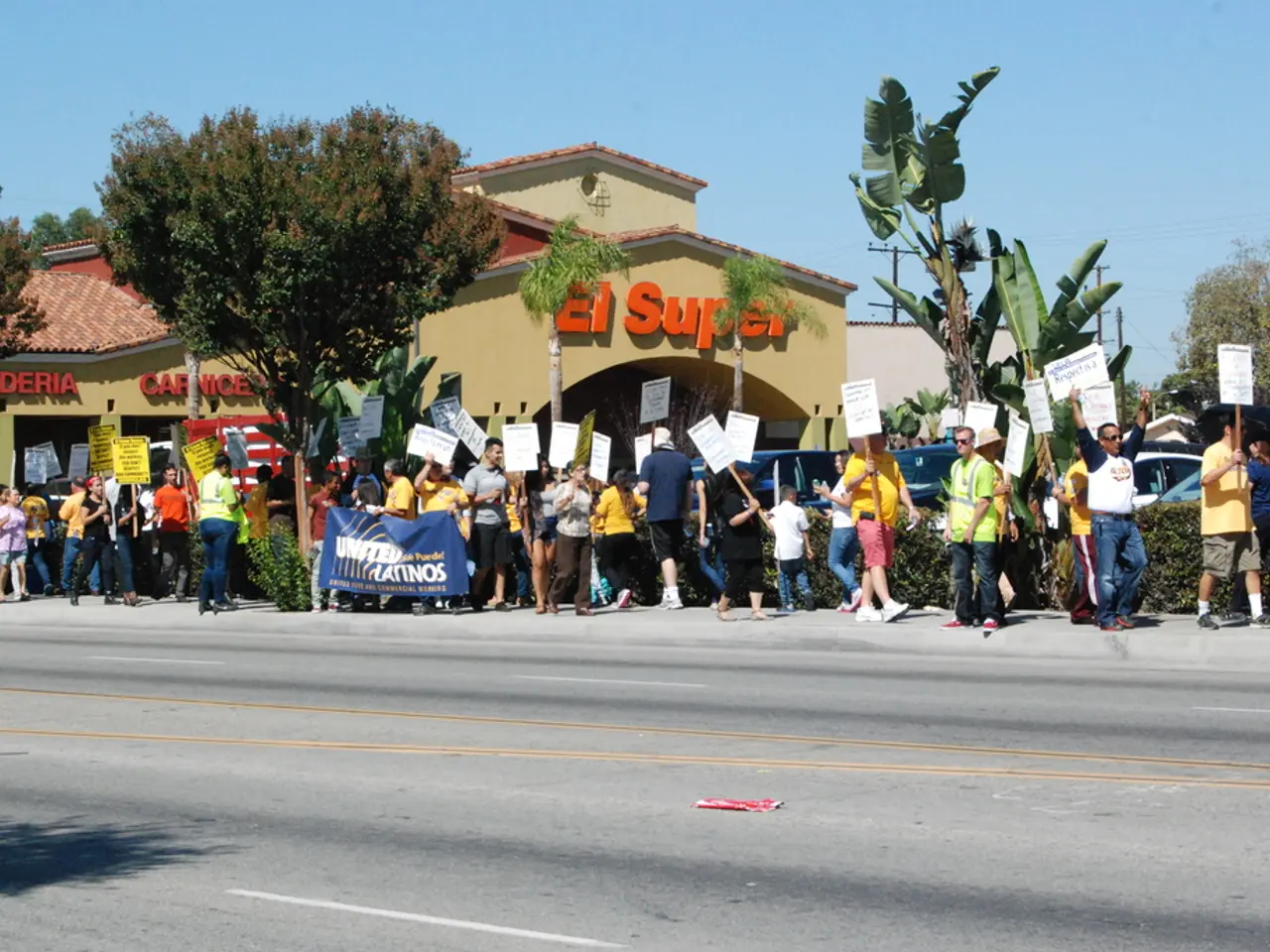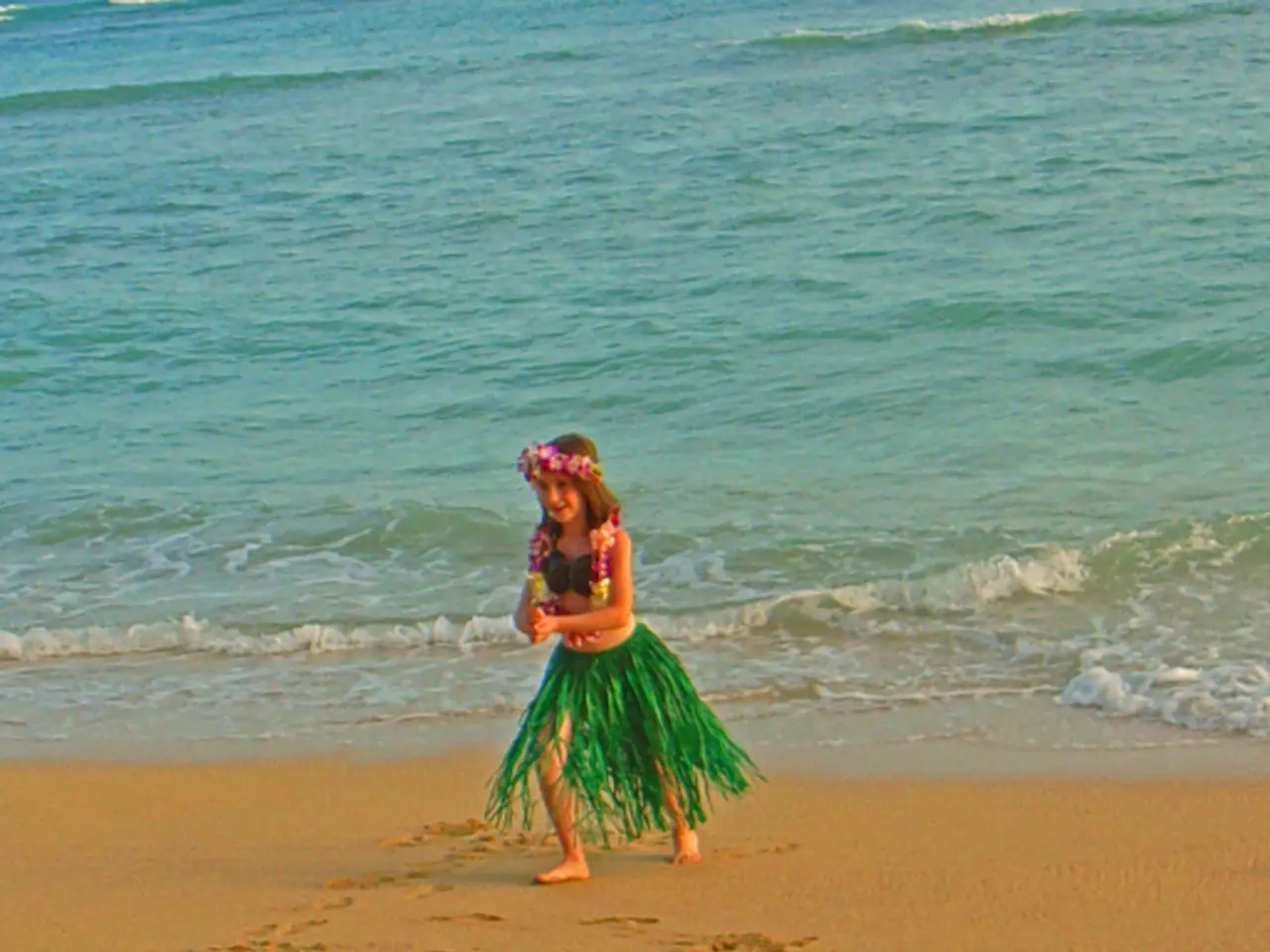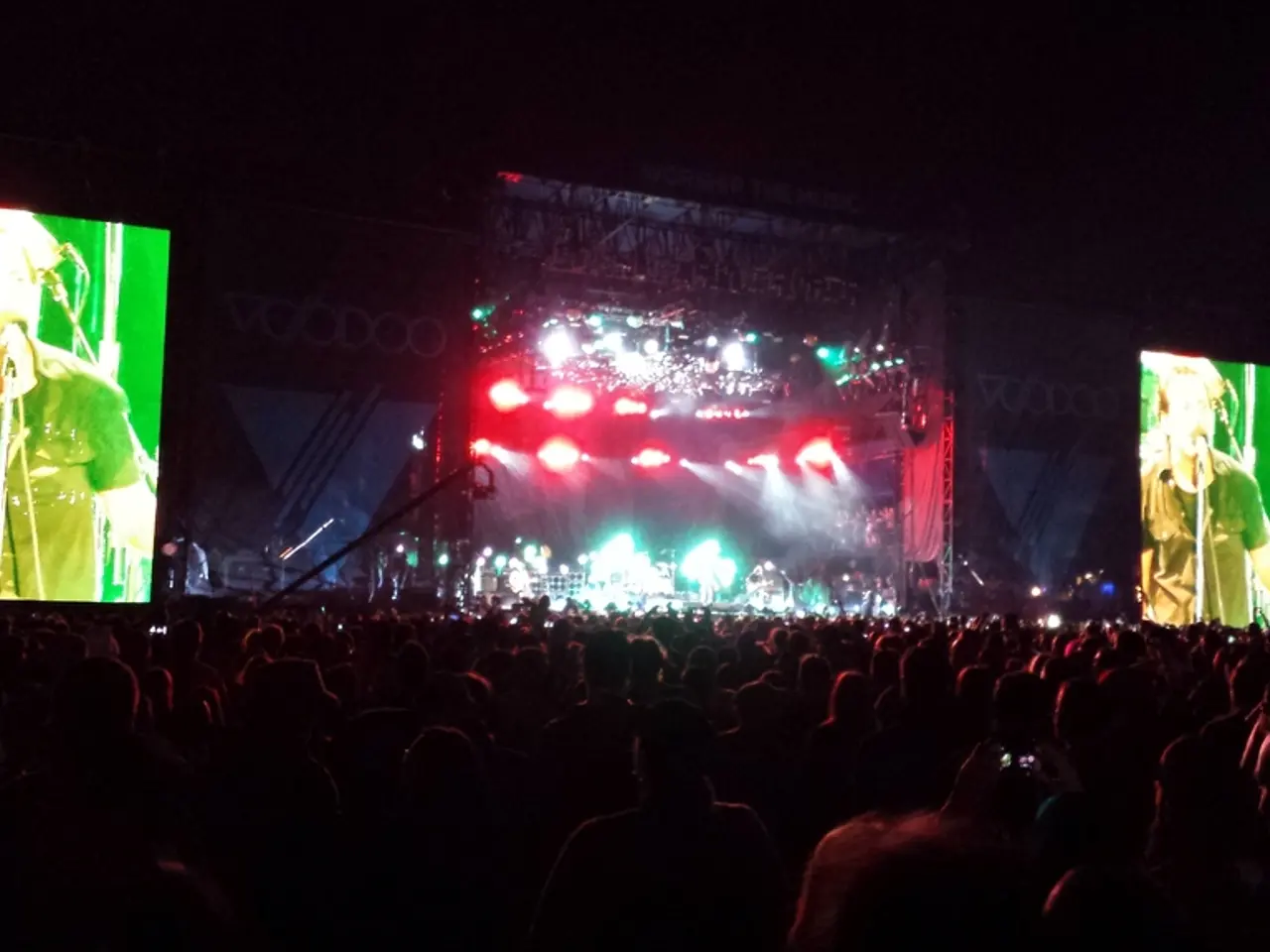Russians celebrate New Year's Day in 2026 for a prolonged period of twelve days.
Russia is set to enjoy five extended weekends in 2026, as announced by the Russian Ministry of Labor. The news, revealed by the head of the ministry, Anton Kotyaev, aims to optimise work and rest schedules for the coming year.
In a statement made in reference to the shift of non-working days in the 2026 calendar, Kotyaev explained that the move is designed to optimally distribute labour and rest time. The government-approved day transfers will combine holidays with weekends, creating a series of three-day weekends throughout the year.
The New Year holidays in 2026 will last for 12 days, from December 31, 2025, to January 11, 2026. However, the holiday on November 4 in 2026 will remain without a shift.
The first three-day weekend of 2026 will fall in February, from the 21st to the 23rd. This will be followed by another three-day holiday weekend in March, from the 7th to the 9th. The first three-day holiday in May will take place from the 1st to the 3rd, with the second three-day holiday in May, marking Victory Day, occurring from the 9th to the 11th. The final three-day weekend will be for Russia Day, taking place from the 12th to the 14th of June.
The shift of non-working days in Russia is part of the annual process managed by the Government. Kotyaev emphasised that, when possible, the shift of non-working days aims to combine holidays and non-working days. This approach is expected to provide a more balanced work and rest schedule for the Russian population.
The draft calendar for holidays and non-working days for 2026, which includes these extended weekends, has been developed by the Russian Ministry of Labor. The Government of Russia will adopt an annual decree on the shift of non-working days that fall on holidays.
In summary, Russia is set to enjoy five long weekends in 2026, as part of the government's efforts to optimise work and rest schedules. The New Year holidays will last for 12 days, while the holiday on November 4 will remain as is. The extended weekends are scheduled for February, March, May, and June, with the precise dates detailed above.
The draft calendar for holidays and non-working days for 2026, developed by the Russian Ministry of Labor, includes five extended weekends as part of the government's policy-and-legislation aimed at optimizing work and rest schedules, aligning with the politics of the country. These major changes in the work-rest balance will be reflected in the general-news coverage, highlighting the shift of non-working days in Russia and their combination with holidays, providing a more balanced schedule for the Russian population.








